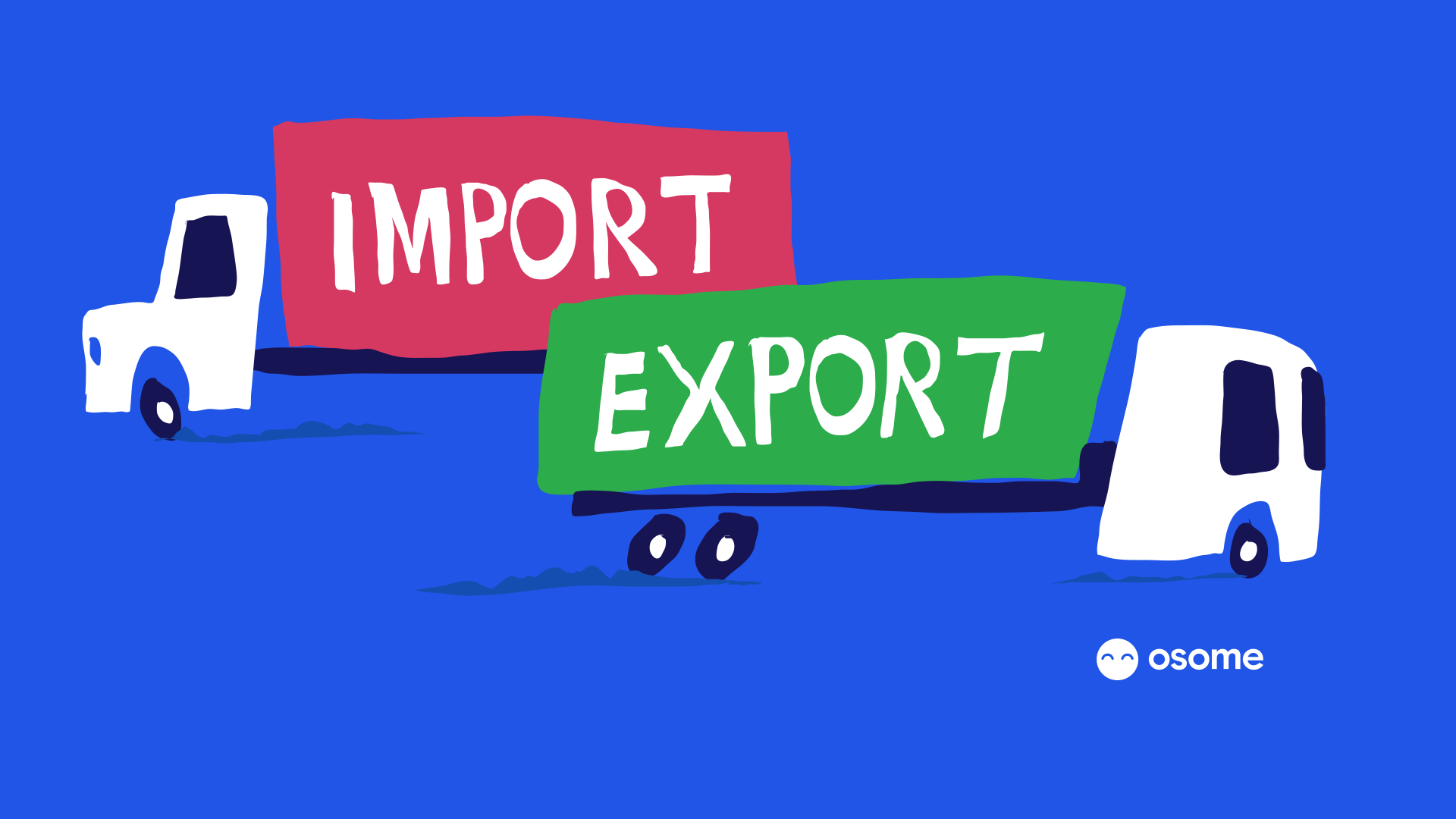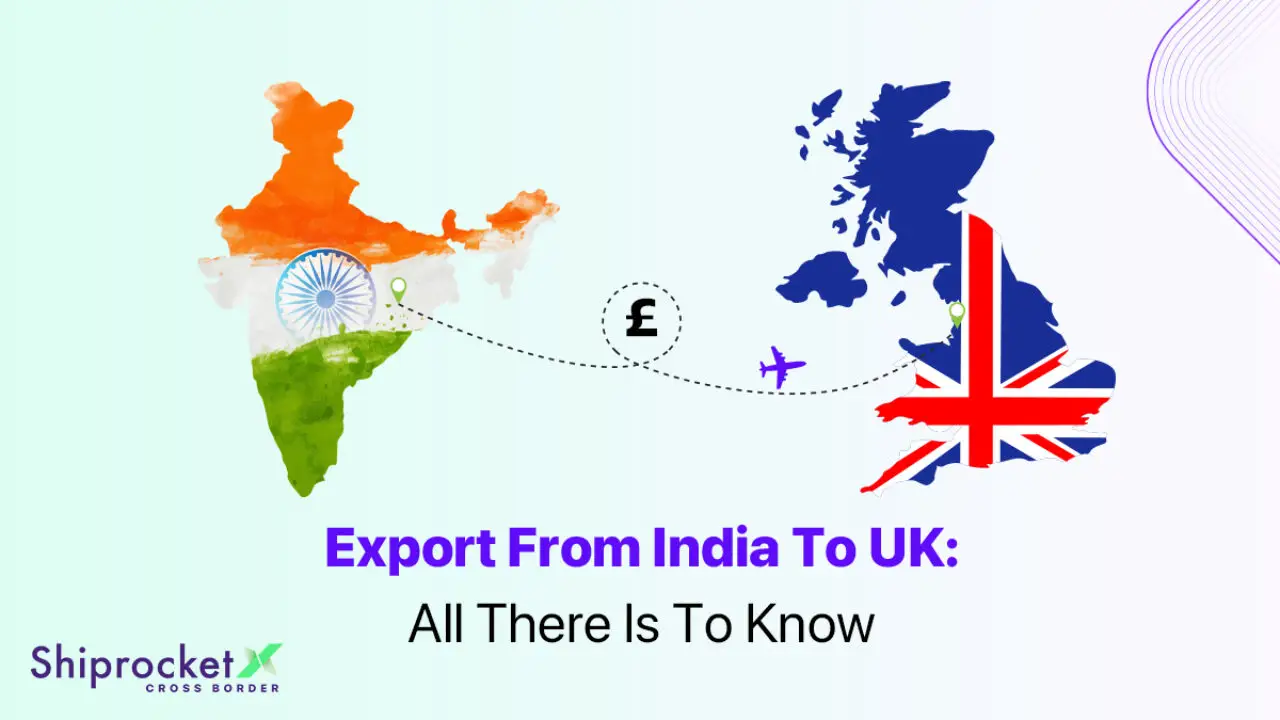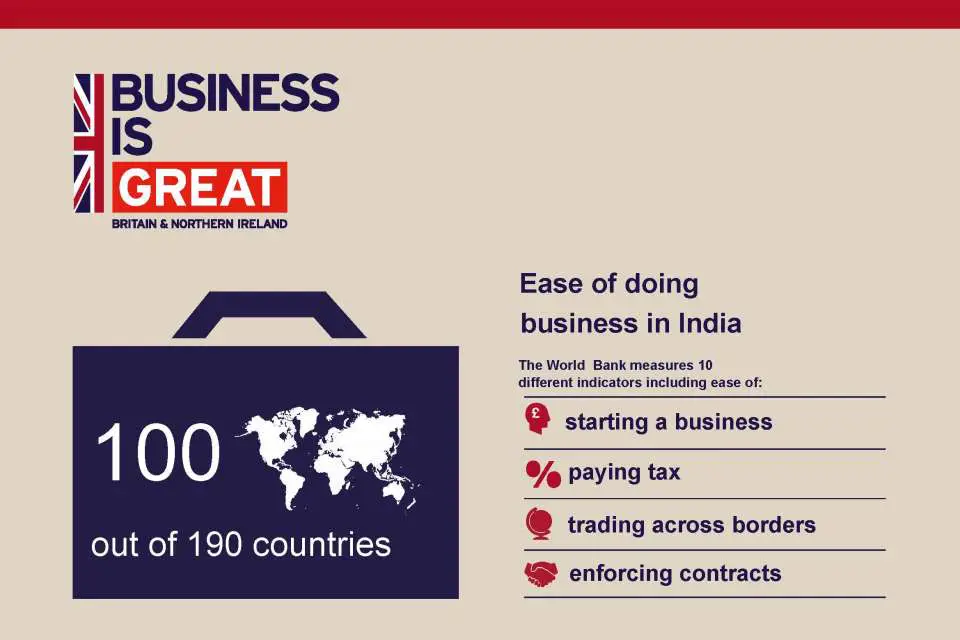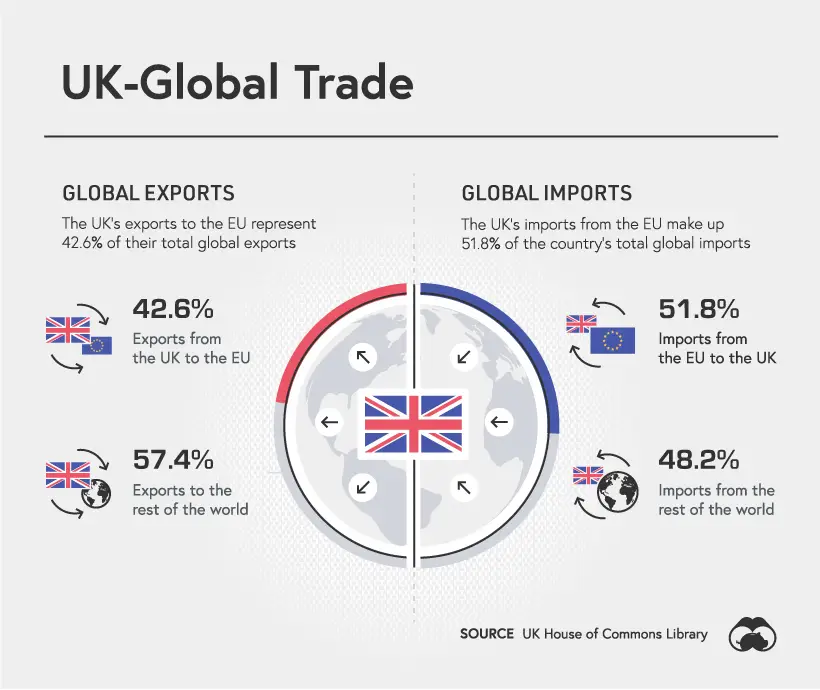Import and Export Regulations UK, the world of international trade is a complex web of rules, regulations, and compliance measures. For businesses engaged in importing and exporting goods to and from the United Kingdom, understanding UK import regulations, the intricacies of exporting from the UK, the vital role of customs rules in the UK, and ensuring import and export compliance in the UK are paramount. In this comprehensive guide, we delve deep into these essential aspects of international trade.

Table of Contents
Unpacking UK Import Regulations
A Multilayered Framework
UK import regulations form the foundation upon which international trade operates within the country. They encompass a range of rules and standards designed to safeguard consumers, protect national security, and ensure fair competition. At its core, import regulation is about maintaining control over the flow of goods entering the UK.
Key Elements of UK Import Regulations
- Import Duties: These are taxes levied on imported goods. Rates vary depending on the type of product and its country of origin.
- Product Standards: Imported goods must meet certain standards to ensure safety and quality. These standards often align with EU regulations, but divergence may occur post-Brexit.
- Customs Declarations: Importers are required to submit customs declarations, including details about the goods and their value, to HM Revenue & Customs (HMRC).
- Licenses and Permits: Some products require specific licenses or permits for importation. These may include firearms, chemicals, or controlled substances.
Navigating the intricate world of import regulations requires meticulous attention to detail and a keen understanding of evolving trade agreements and political developments.

Exporting from the UK: A Gateway to Global Markets
Opening Doors to Opportunities
Exporting goods from the UK offers a gateway to a world of global markets and opportunities. For businesses looking to expand their reach beyond national borders, understanding the processes and nuances of exporting from the UK is pivotal.
Exporting Essentials
- Market Research: Identify target markets and assess demand for your products. Understand cultural, economic, and legal differences.
- Export Documentation: Prepare necessary export documentation, including invoices, packing lists, and certificates of origin.
- Customs Compliance: Ensure compliance with both UK and destination country customs regulations.
- Logistics and Shipping: Choose appropriate shipping methods and logistics partners to facilitate the smooth movement of goods.
Exporting is not without its challenges, but it offers significant growth potential. As the UK forges new trade agreements post-Brexit, staying informed about market access and tariff changes is crucial.

Navigating the Maze of Customs Rules in the UK
The Guardians of Borders
Customs rules in the UK are the guardians of national borders. They ensure that goods entering and exiting the country are properly declared, documented, and compliant with regulations. Customs authorities play a pivotal role in trade facilitation and security.
Key Functions of UK Customs
- Tariff Classification: Determining the correct classification of goods and assigning tariff codes is essential for calculating import duties.
- Valuation: Customs authorities assess the value of imported goods for duty calculation, often relying on invoices and supporting documentation.
- Risk Management: Customs employ risk-based assessment to identify and target high-risk shipments for inspection.
- Trade Facilitation: Customs agencies aim to facilitate legitimate trade while preventing smuggling, fraud, and security threats.
In a post-Brexit world, UK customs rules have seen changes, particularly concerning the Northern Ireland Protocol and trade with the European Union. Staying compliant with these rules is paramount for businesses engaged in cross-border trade.
Ensuring Import and Export Compliance in the UK
A Prerequisite for Trade
Import and export compliance in the UK is the linchpin that holds international trade together. Compliance ensures that businesses adhere to all relevant laws, regulations, and standards while conducting import and export activities.
Compliance Components
- Regulatory Standards: Meeting product standards, labeling requirements, and safety regulations is crucial.
- Licensing and Permits: Acquiring necessary licenses and permits for controlled goods is essential.
- Documentation Accuracy: Ensuring that all import and export documentation is accurate and complete.
- Customs Declarations: Submitting precise and timely customs declarations to customs authorities.
Non-compliance can result in delays, fines, and reputational damage. It’s imperative for businesses to establish robust compliance programs and stay updated on evolving regulations.
Conclusion: Import and Export Regulations UK Landscape
In the world of international trade, understanding UK import regulations, the nuances of exporting from the UK, the pivotal role of customs rules in the UK, and ensuring import and export compliance in the UK is essential. These elements form the backbone of a thriving and well-regulated trade ecosystem.
For businesses, staying informed and proactive is key. The post-Brexit landscape has ushered in changes, and the trade environment is continuously evolving. Whether you’re an importer, exporter, or engaged in both, compliance, diligence, and adaptability are your allies in navigating the trade landscape successfully.

As the UK continues to forge its path in international trade, businesses that master the intricacies of regulations and compliance will be well-positioned to seize the abundant opportunities that global markets offer.